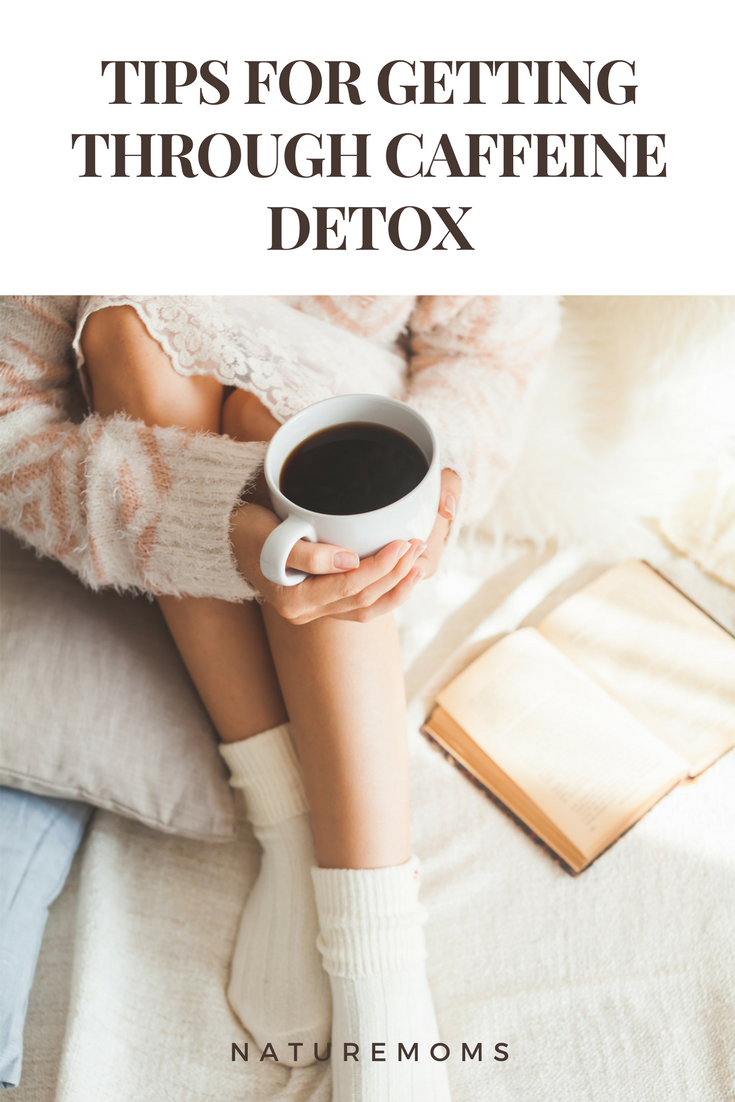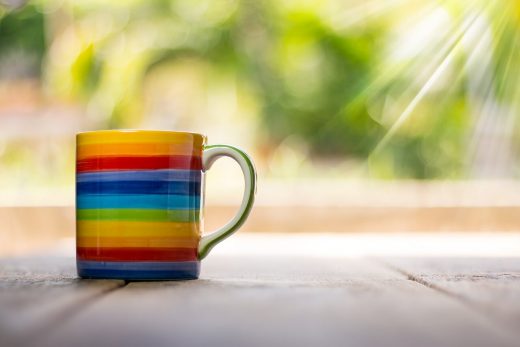 You are likely familiar with the symptoms of detox. Your body has gotten used to the presence of caffeine, sugar, carbs, prescription drugs, etc and when you stop ingesting these things you start to experience detox hell. You are actually in withdrawal because whether you want to admit it or not you were dependent on these substances.
You are likely familiar with the symptoms of detox. Your body has gotten used to the presence of caffeine, sugar, carbs, prescription drugs, etc and when you stop ingesting these things you start to experience detox hell. You are actually in withdrawal because whether you want to admit it or not you were dependent on these substances.
Caffeine detox is the period of time when your body withdrawals from having caffeine. It can happen any time you quit caffeine or reduce your consumption, though it tends to be more common when you quit cold turkey. If you quit caffeine, you might experience symptoms like drowsiness, brain fog, depression, anxiety, fatigue, and bad headaches. It may also cause irritability or even anger. Here are some tips for getting through the caffeine detox and withdrawal period.
Get Plenty of Rest
The first thing you need to do is make sure you are getting enough rest, especially during the first couple days after quitting caffeine. You are going to feel more tired without the caffeine, and that is totally fine. Embrace it by sleeping in, getting some extra naps, and possibly even taking a day or two off work. Don’t overdo it when you are struggling to just stay awake throughout the day. Resting in a dark room helps a lot with many of your withdrawal symptoms.
Find Replacement Drinks
You may also need to find some drinks that will replace your caffeinated beverages or greatly reduce them. This can help you feel like you are still having something tasty in the morning, without actually having caffeine. For example, if you usually drink a lot of tea with caffeine in it, you can try switching to herbal tea. You still get the flavor of tea you are used to, but you aren’t consuming any caffeine in the process. Kombucha and mushroom coffees are also good…the latter does have caffeine but way less than your traditional coffee. It might help you taper off.
Drink Plenty of Water
A common mistake made when giving up caffeine is not drinking enough water. You are no longer having your tea, energy drinks, coffee, or soft drinks, so you aren’t drinking as many fluids overall. This can lead to dehydration, which further increases your headaches and other body discomforts. Make sure you are drinking at least your minimum amount of water each day. Treat yourself to sparkling water or infuse it with your favorite fruits and vegetables for added flavor and nutrition. There can be a downside to drinking lots more water though. Do not forget the electrolytes. Drinking lots of water can dilute the body’s electrolytes making you feel weak and tired.
Find Natural Ways to Increase Your Energy
If you can find natural ways to increase your energy without caffeine, that will help with withdrawal and beyond. For example, getting in a workout in the morning, then having a healthy juice or protein drink afterward will really help you deal with the fact that you aren’t getting your morning cup of coffee. You can get natural energy through following a healthy diet, drinking lots of water, and of course getting regular activity during the day. Reducing your stress levels also helps you to increase your energy.


